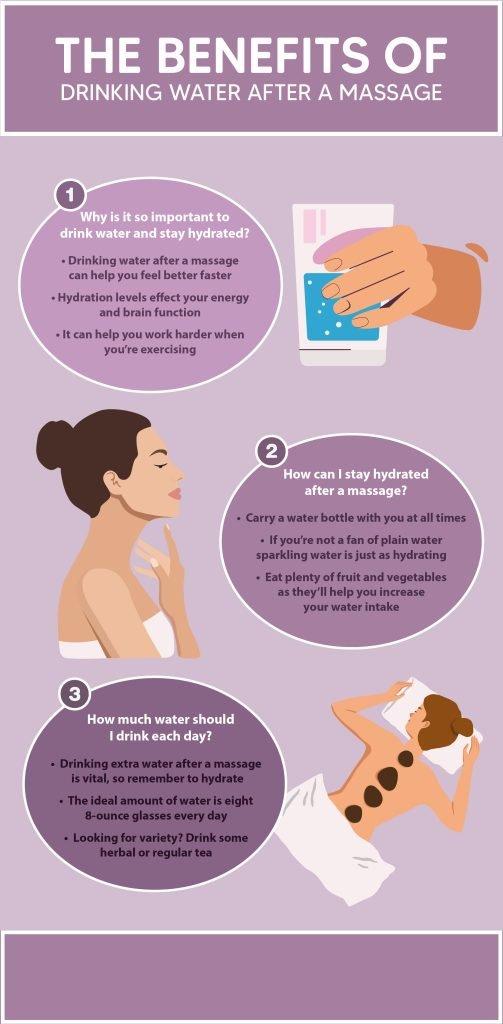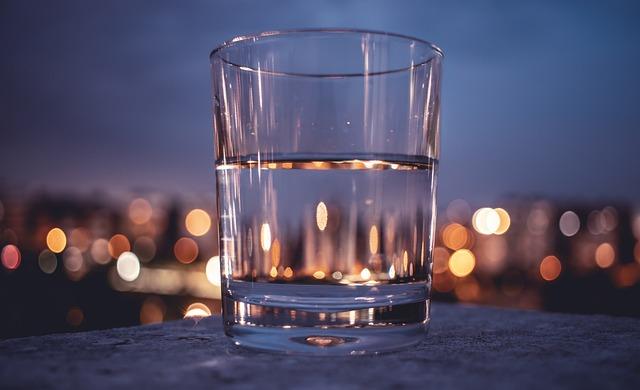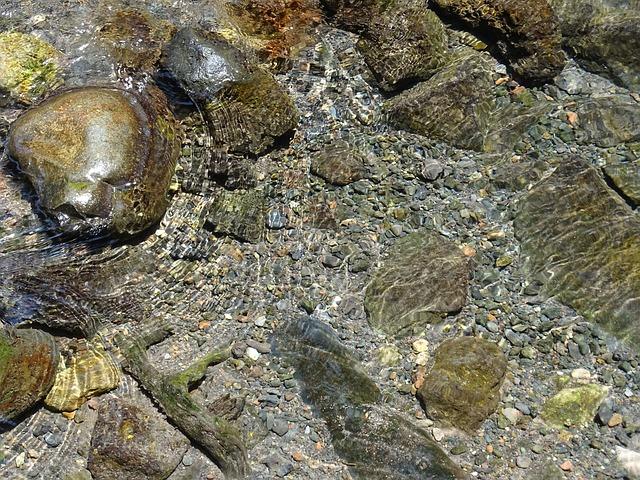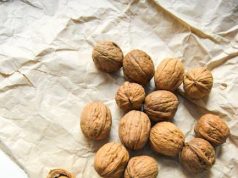In the symphony of a healthy lifestyle, hydration often plays the quiet yet indispensable role of the conductor, orchestrating the harmonious interplay of nutrients that keep our bodies in balance. While the spotlight frequently shines on the vibrant array of fruits, vegetables, and proteins that compose a nutritious diet, water, the simplest of elements, is the unsung hero that enables each note to resonate with clarity and purpose. As we journey through the world of nutrition, it becomes increasingly evident that understanding the role of hydration is not merely an addendum to dietary knowledge but a foundational pillar that supports overall well-being. This article delves into the vital significance of hydration, exploring how it influences every aspect of health, from cellular function to cognitive clarity, and why it deserves a prominent place in the narrative of a balanced diet.
Hydration and Nutrient Absorption Unveiling the Science Behind Waters Role
Water is often hailed as the elixir of life, not just for its ability to quench thirst, but for its crucial role in nutrient absorption. Our body relies on a delicate balance of hydration to ensure that nutrients are transported effectively to where they are needed most. When you consume food, water acts as a solvent, breaking down nutrients and facilitating their passage through cell membranes. This process is vital for the absorption of essential vitamins and minerals such as vitamin C, B vitamins, and magnesium. Without adequate hydration, these nutrients may not be absorbed efficiently, potentially leading to deficiencies despite a nutrient-rich diet.
- Facilitates Digestion: Water helps dissolve nutrients, making them more accessible for absorption.
- Enhances Nutrient Transport: As a carrier, water transports nutrients through the bloodstream to various parts of the body.
- Optimizes Metabolic Function: Proper hydration supports enzymatic activities that are crucial for metabolic processes.
Thus, maintaining optimal hydration levels is not just about staying refreshed, but about ensuring that your body can make the most out of the nutrients you consume. Remember, a well-hydrated body is a well-nourished body.

Balancing Act How Proper Hydration Supports Metabolic Functions
Maintaining optimal hydration is akin to orchestrating a symphony where every element plays its part in perfect harmony. Water is the unsung hero of our metabolic processes, acting as a solvent, a transport medium, and a catalyst for countless biochemical reactions. When the body is well-hydrated, it can effectively manage the metabolism of carbohydrates and fats, ensuring that energy is released efficiently and waste products are swiftly eliminated. Without adequate hydration, these processes can slow down, leading to a cascade of metabolic inefficiencies.
Proper hydration supports several key metabolic functions, including:
- Thermoregulation: Water helps regulate body temperature through perspiration, enabling metabolic reactions to occur at optimal temperatures.
- Nutrient Absorption: Water is crucial for the digestion and absorption of nutrients, ensuring that vitamins and minerals are delivered to cells where they are needed most.
- Toxin Elimination: Adequate fluid intake supports kidney function, facilitating the removal of metabolic waste products from the body.
Thus, by embracing a lifestyle that prioritizes hydration, we can ensure our metabolic functions are running at peak performance, paving the way for a healthier, more vibrant life.

Sip Smart Practical Tips for Staying Hydrated Throughout the Day
- Start your day with water: Begin each morning by drinking a glass of water. This simple habit jumpstarts your metabolism and replenishes fluids lost overnight.
- Keep a water bottle handy: Having a reusable water bottle within reach serves as a constant reminder to sip throughout the day. Opt for one with measurements to track your intake more easily.
- Infuse your water: If plain water feels monotonous, add a splash of excitement with natural flavors. Try infusing your water with slices of lemon, cucumber, or a few fresh mint leaves for a refreshing twist.
- Set reminders: Use technology to your advantage by setting hourly reminders on your phone or smartwatch. These gentle nudges can help maintain consistent hydration levels.
- Hydrate with meals: Make it a habit to drink a glass of water with every meal. Not only does this aid digestion, but it also ensures you’re consuming a portion of your daily water intake.
- Opt for hydrating foods: Incorporate water-rich foods into your diet, such as cucumbers, oranges, and watermelon. These snacks provide both hydration and essential nutrients.
- Mind the temperature: Tailor your water’s temperature to the season or your preference. While chilled water can be refreshing in the summer, warm water might be more comforting during colder months.

Hydration Myths Debunking Common Misconceptions About Water Intake
- Myth: You Need to Drink Eight Glasses of Water a Day
The age-old adage that everyone must consume eight glasses of water daily is more of a guideline than a hard-and-fast rule. The truth is, water needs vary based on factors like age, activity level, climate, and individual health conditions. Instead of fixating on a specific number, listen to your body’s signals of thirst and adjust your intake accordingly. Foods rich in water, such as fruits and vegetables, also contribute significantly to hydration.
- Myth: Caffeinated Beverages Dehydrate You
It’s a common belief that drinks like coffee and tea lead to dehydration due to their caffeine content. However, studies have shown that the diuretic effect of caffeine is mild, and these beverages can still contribute to your daily fluid intake. Moderation is key, and while they should not replace water entirely, they can be a part of a balanced hydration strategy.
Understanding these misconceptions allows us to appreciate the nuances of hydration and tailor our fluid intake to our individual needs. Staying hydrated is essential, but it doesn’t have to be rigid. Embrace a flexible approach and consider all sources of fluids to maintain optimal health and well-being.






























